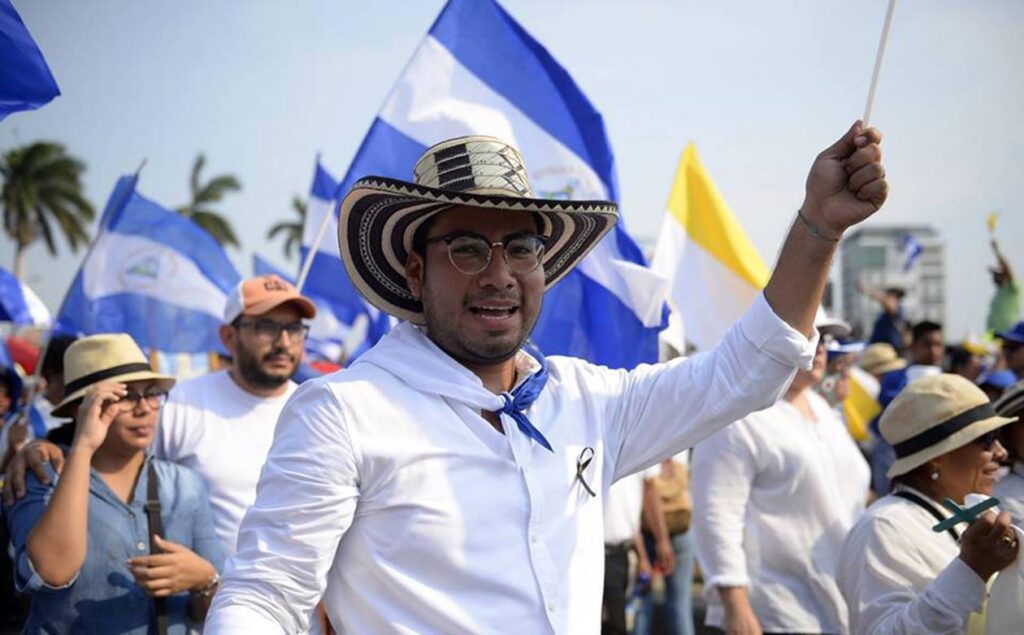PAHO: platform will promote the development of vaccines and medical technologies in Latin America
Laura Poy Solano
Newspaper La Jornada
Friday, July 15, 2022, p. 18
The regional platform for advancing the production of vaccines and other health technologies for covid-19 in the Americas, launched a year ago by the Pan American Health Organization (PAHO), can transform the way the region develops products and medical technologies, including vaccines, highlighted the multinational organization, after recalling that its objective is to train and support local companies in the use of messenger RNA vaccine technology.
Until now, Sinergium Biotech from Argentina and the Bio-Manguinhos Institute of Immunobiology from Brazil participate in this initiative. The first phase will focus on strengthening research and development in Latin America and the Caribbean, particularly in the area of messenger RNA vaccine development. The second focuses on developing a strong regional regulatory system to ensure that new medical tools are safe and effective.
For the third phase, PAHO is working with regional and international partners to create a roadmap to improve the production of health technologies in the Americas, which includes an alliance with the European Union.
However, the United Nations agency warns that improving production capacity alone not enough to guarantee access
and stressed that PAHO’s joint procurement mechanisms, such as the Revolving Fund, will be essential to ensure that vaccines and other technologies are available to everyone in the region.
Last May, PAHO launched the call for the creation of a platform advisory committee made up of experts in multiple disciplines, including health policy, science and technology, immunology, and production engineering.
As part of the actions to consolidate the platform and generate information for decision-making, PAHO carries out several studies. In seven countries of the region (Argentina, Brazil, Chile, Colombia, Costa Rica, Mexico and Peru) a study is being carried out to identify and analyze sectoral policies related to the production of medicines, vaccines and other health technologies.
In addition, a case study is carried out on experiences and lessons learned about the supply chain during the pandemic in 12 countries (Argentina, Brazil, Chile, Colombia, Costa Rica, Dominican Republic, Guatemala, Haiti, Jamaica, Mexico, Paraguay and Suriname).
Studies will also be carried out on regional value chains for biological products, chemically synthesized medicines, medical devices and personal protective equipment, the results of which are expected by the end of this year.















